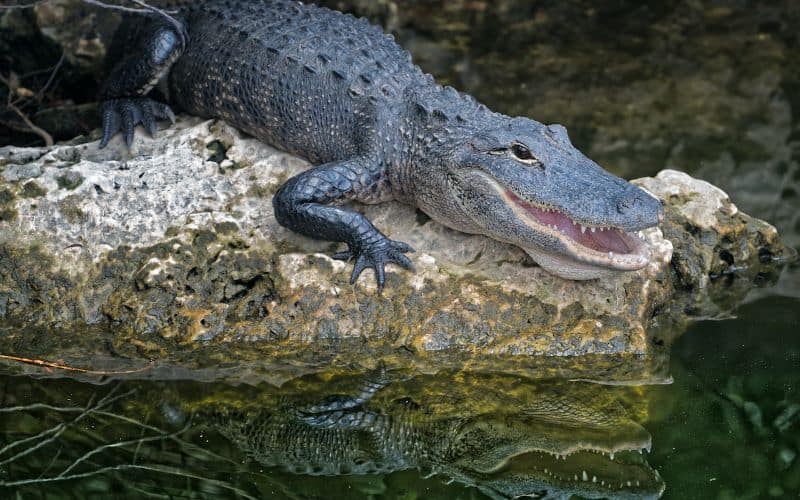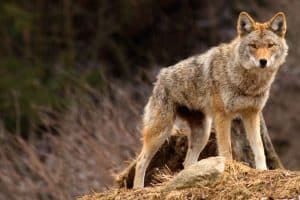- TRAVEL GUIDES
arrow_drop_down
- Canada
- United States
- Sunny Destinations
arrow_drop_down
- VIEW ALL
- BUCKET LIST
- ABOUT
- CONTACT
Are There Alligators in NC? What Visitors Should Know
- North Carolina
- USA
-
Jun 19
- Share post
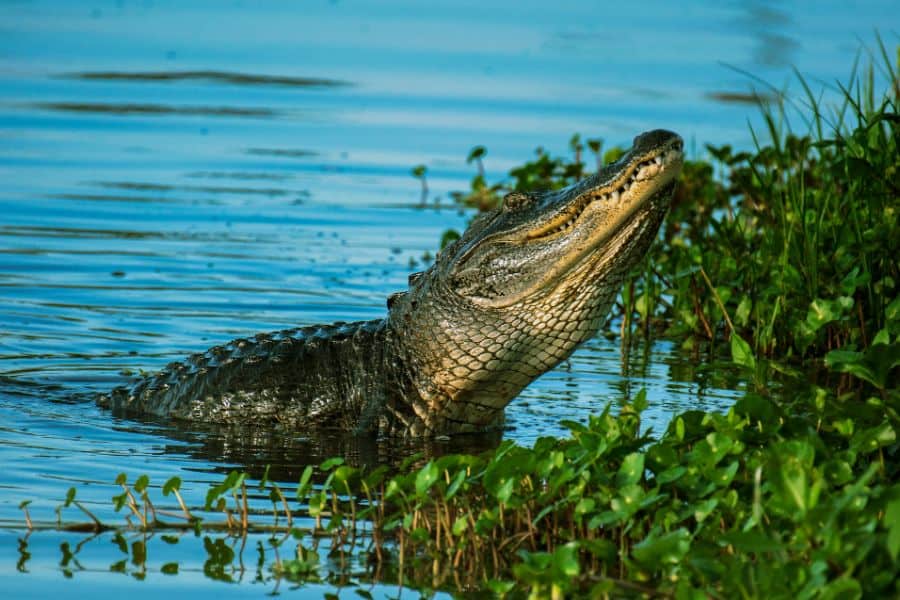
Today, we’re diving into the wild world of North Carolina to uncover a secret that will leave you wide-eyed and maybe just a little bit on edge.
Are there really alligators lurking beneath the tranquil waters of North Carolina? Hold onto your hats, because in this article, we’re tackling this riveting question head-on.
From stunning wildlife encounters to heart-pounding tales from those who dare to seek out these elusive creatures, get ready to discover the truth about whether alligators truly call North Carolina home.
Are There Alligators in North Carolina?
Yes, there are alligators in North Carolina. While not as common as in Florida or Louisiana, alligators do call this American state home. You can usually find them in freshwater spots like rivers, lakes, and swamps. Feeling adventurous? You might want to check out the Alligator River National Wildlife Refuge, or venture into the Outer Banks region – these areas are known for having some North Carolinian gators. Fun fact: the further south you go in the state, the bigger the alligators get. How wild is that? Don’t be fooled by the fact that they’re not as common as our southern neighbors; these alligators can grow to be quite impressive! In North Carolina, a male alligator may reach up to 13 feet and weigh over 500 pounds. Some specific areas where you might spot these fascinating reptiles are the lower Cape Fear and Neuse River Valleys, as well as parts of the Coastal Plain around Albemarle Sound. And for those who love a good off-the-beaten-path adventure, there’s even a small colony of them in the Great Dismal Swamp near the North Carolina-Virginia border. Just remember to be cautious and respectful around these fascinating creatures, and you’ll have some fantastic stories to share with friends and family back home.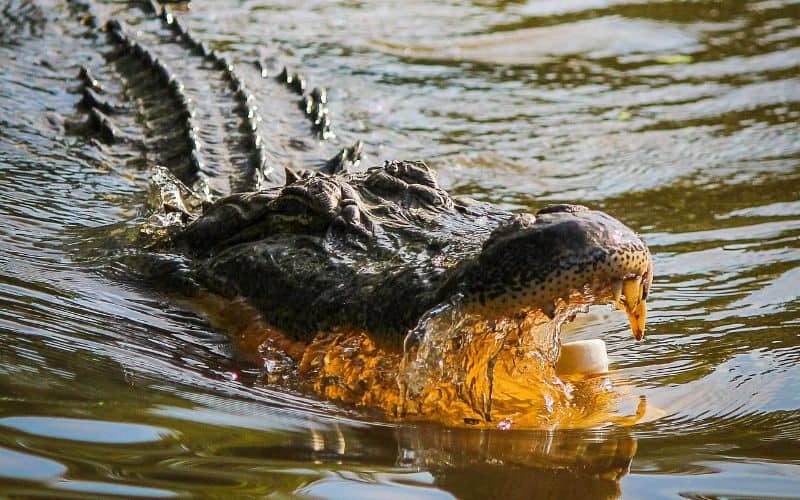
Alligator-Human Encounters
Preventing Conflicts
When visiting North Carolina, it’s important to be aware that alligators live in the marshy areas along the Outer Banks, especially in the southeastern part of the state. While they may be more scared of you than you are of them, it’s essential to take precautions and give them space. Here’s how to prevent conflicts:- Don’t feed alligators: This might sound like a no-brainer, but feeding these reptiles only makes them bolder, and they’ll start associating humans with food. Not the kind of connection you want to make, right?
- Keep a safe distance: Experts say you should stay at least the length of a school bus away from a small alligator and double that for adult alligators.
- Be mindful of your pets: Alligators might not differentiate between Fido and their next meal. Keep your pets on a leash and away from the water’s edge to make sure they stay safe.
What to Do if You Encounter an Alligator
So, you’ve stumbled upon an alligator during your walk in one of North Carolina’s marshy landscapes. What now?- Remain calm: You’ve got this! Panicking won’t help you or the alligator. Take a deep breath and remember that these magnificent creatures are a vital part of North Carolina’s ecosystem.
- Back away slowly: You don’t want to surprise the alligator or make any sudden movements. Slowly and calmly move away without turning your back on the animal.
- Give it space: Maintain that cool school-bus distance we mentioned before. Showing respect for the alligator’s personal space is the key to avoiding any negative interactions.
- Alert authorities: If the alligator appears aggressive or poses a threat, contact the North Carolina Wildlife Resources Commission to report the sighting and let the experts handle it.
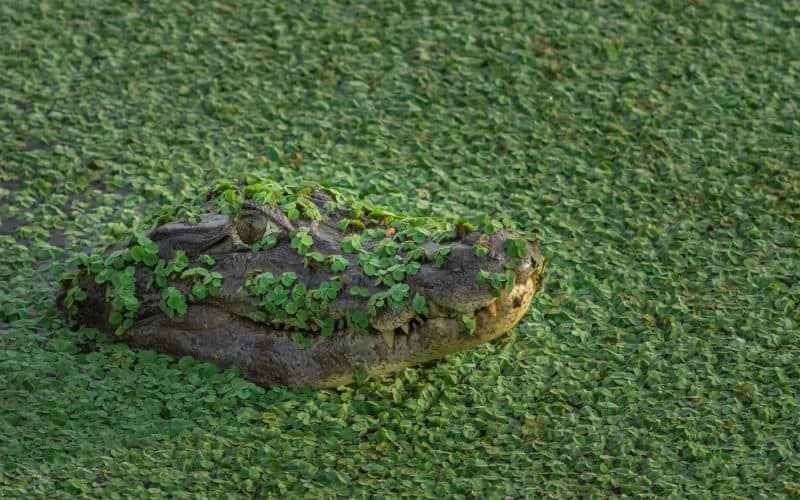
Alligator Habitats in North Carolina
If you’re curious about where to find alligators in North Carolina, then you’re in the right place. This section will give you the lowdown on natural habitats for these fascinating reptiles, as well as popular spots where you might catch a glimpse of them.Natural Habitats
In the southeastern part of North Carolina, you’ll find alligators making themselves at home in various environments. They love lounging in freshwater swamps, marshes, ponds, and lakes, but can also be found in backwaters of large rivers and even brackish water. You may even find these bad boys chilling on beaches, because who doesn’t love a little sunbathing?Popular Spots for Alligator Sightings
Now that you know where they like to hang out, let’s dive into a few hot spots for alligator sightings. Alligators in North Carolina can be found in a variety of wetland habitats, primarily in the southeastern part of North Carolina. This means the coastal plain region, such as swamps, marshes, and ponds. One thing to note is that alligators tend to be more active during the breeding season which runs from May to June. If you’re looking to catch a glimpse of these reptiles in action, the best time of year to visit would be around that time.Alligator Safety Tips for Visitors
During Outdoor Activities
Remember that splashing around in the water might catch an alligator’s attention – not the kind of attention you want on your vacation, right? Try keeping it low-key and avoid making a ruckus in their territory. Keep an eye on your little ones and never leave them unattended near the water. It’s always best to keep pets on a leash while exploring the great outdoors in North Carolina. Let’s talk about taking selfies with these snappy reptiles – just don’t! Maintain a safe and respectful distance while admiring them if you happen to come across one in the wild. These simple tips can help you avoid negative interactions with alligators and enjoy your time in this fantastic state.Alligator Safety Tips for Homeowners
Apart from enjoying the perks of your sweet southern abode, it’s essential to be aware of alligator safety measures. By practicing responsible alligator behavior, you can avoid any unwanted run-ins. Resist the urge to feed those big-toothed critters, as it’s illegal and risky. And if you’re planning any backyard swimming sessions, keep an eye out for unexpected party crashers. Here’s a little tip – alligators love the water’s edge, so maintaining a tidy and well-landscaped yard could help deter them. Nobody likes a pesky reptilian intruder messing with their garden.